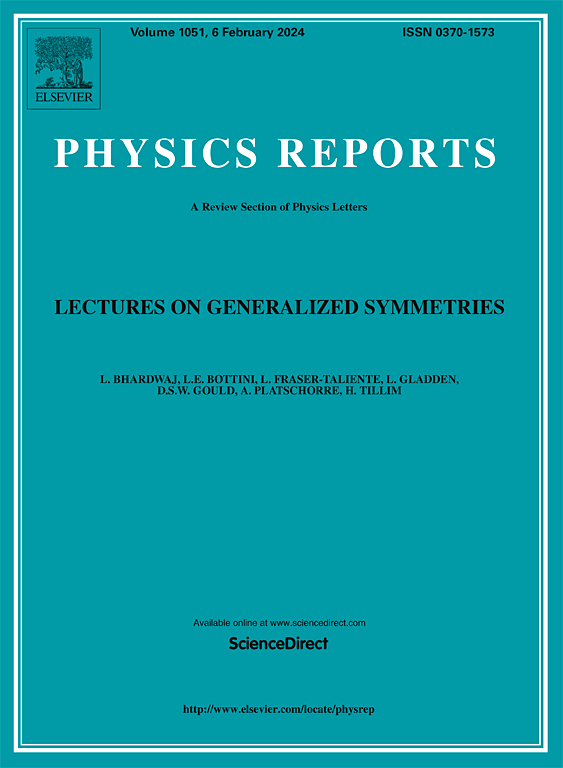安全通信的未来:量子密钥分发中的设备独立性
IF 29.5
1区 物理与天体物理
Q1 PHYSICS, MULTIDISCIPLINARY
引用次数: 0
摘要
在不断发展的量子密码学领域,与设备无关的量子密钥分发(DI-QKD)以其独特的方法脱颖而出,该方法不是基于设备的可信度,而是基于非局部相关性来确保安全性。本文从对现代密码安全的背景理解和标准量子密钥分发方法的局限性开始,探讨了非经典性的关键作用以及各种实验漏洞对DI-QKD带来的挑战。还研究了各种协议,针对个人,集体和连贯攻击的安全性,以及自我测试的概念,以及熵积累定理,以及制定高级安全性证明的附加数学方法。此外,还分析了新兴的半器件无关模型领域(测量型DI-QKD、接收机型DI-QKD和单侧型DI-QKD)。通过对实验进展的详细概述和对未来安全通信商业部署的公开挑战,讨论了实际方面。本文章由计算机程序翻译,如有差异,请以英文原文为准。
The future of secure communications: Device independence in quantum key distribution
In the ever-evolving landscape of quantum cryptography, Device-independent Quantum Key Distribution (DI-QKD) stands out for its unique approach to ensuring security based not on the trustworthiness of the devices but on nonlocal correlations. Beginning with a contextual understanding of modern cryptographic security and the limitations of standard quantum key distribution methods, this review explores the pivotal role of nonclassicality and the challenges posed by various experimental loopholes for DI-QKD. Various protocols, security against individual, collective and coherent attacks, and the concept of self-testing are also examined, as well as the entropy accumulation theorem, and additional mathematical methods in formulating advanced security proofs. In addition, the burgeoning field of semi-device-independent models (measurement DI-QKD, Receiver DI-QKD, and One-sided DI-QKD) is also analyzed. The practical aspects are discussed through a detailed overview of experimental progress and the open challenges towards the commercial deployment in the future of secure communications.
求助全文
通过发布文献求助,成功后即可免费获取论文全文。
去求助
来源期刊

Physics Reports
物理-物理:综合
CiteScore
56.10
自引率
0.70%
发文量
102
审稿时长
9.1 weeks
期刊介绍:
Physics Reports keeps the active physicist up-to-date on developments in a wide range of topics by publishing timely reviews which are more extensive than just literature surveys but normally less than a full monograph. Each report deals with one specific subject and is generally published in a separate volume. These reviews are specialist in nature but contain enough introductory material to make the main points intelligible to a non-specialist. The reader will not only be able to distinguish important developments and trends in physics but will also find a sufficient number of references to the original literature.
 求助内容:
求助内容: 应助结果提醒方式:
应助结果提醒方式:


